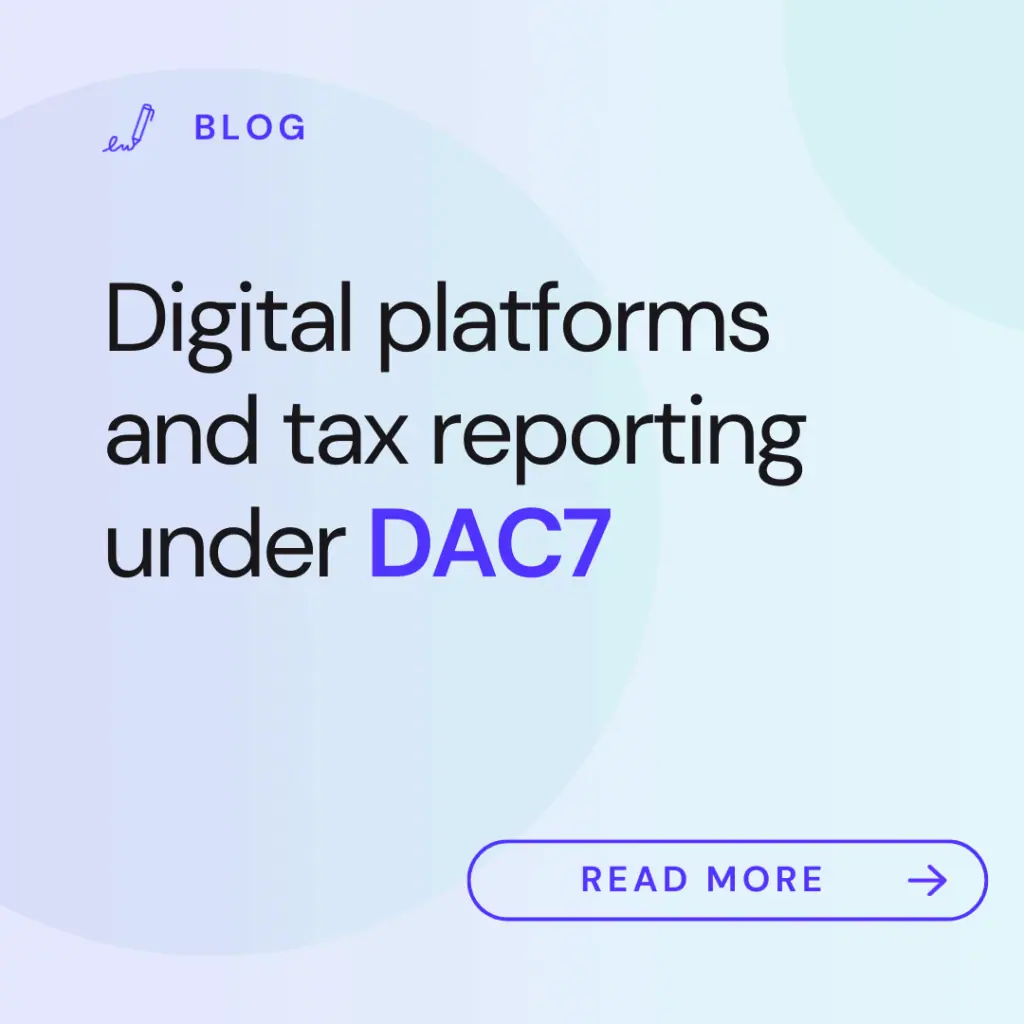

With 2025 already underway, we want to remind you about the new amendment to DAC7, which was approved on January 31, 2024.
On January 31, 2024, the Government approved a Royal Decree to transpose the European Directive amending DAC7 of 2011, a regulation concerning administrative cooperation in taxation among EU countries. But why is this new regulation important for digital platforms?
The Royal Decree establishes rules and procedures regarding the obligation of digital platform operators to report information and conduct due diligence.
Attention! This regulation applies to digital platforms that facilitate "relevant" activities, such as the sale of goods, the provision of services, or crowdfunding activities. This includes platforms like Wallapop, Vinted, or Airbnb. However, sellers conducting more than 30 sales transactions per year with a total value exceeding €2,000 are exempt. Regarding rentals (such as Airbnb), both short-term and long-term stays will be subject to reporting requirements.
The goal is to provide seller information to the Tax Administration so that it can be verified by platform operators registered in Spain. These operators will be required, if applicable, to report to the tax authorities. Sellers using these platforms must provide specific information, as these platforms enable them to connect with other users to carry out relevant activities.
Additionally, the decree refers to an exchange of information with other EU member states, directing the data to the member state or jurisdiction where the "seller subject to reporting" resides.
According to the Royal Decree, platforms must report information regarding the so-called "relevant activities":
In addition to the specific exemptions mentioned above, reporting obligations do not apply to sellers that are state entities (i.e., public institutions) or those listed on a regulated market (along with their affiliated entities), since their existing corporate reporting obligations may render the DAC7 requirements unnecessary. It is important to note that these exceptions apply to sellers, but not to platform operators.
Furthermore, certain platforms are exempt from DAC7 obligations based on the nature of their activities. Platforms that only process payments, promote activities, or redirect/transfer users to another platform are not subject to the reporting requirements.
The new regulation does not aim to tax individuals selling second-hand personal items but rather professionals using these platforms as sales channels.
The way taxes are applied has not changed—what has changed is the reporting obligation.
All in all, this directive will undoubtedly help create a more transparent digital environment.
If you think this article affects you, make sure to check your tax status.
Did you find this helpful? Share it!